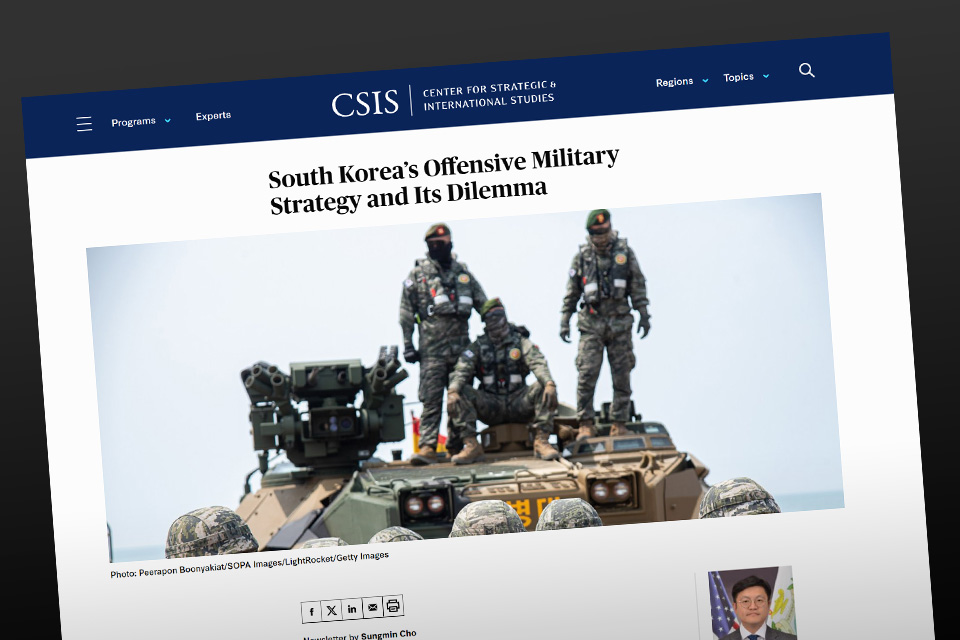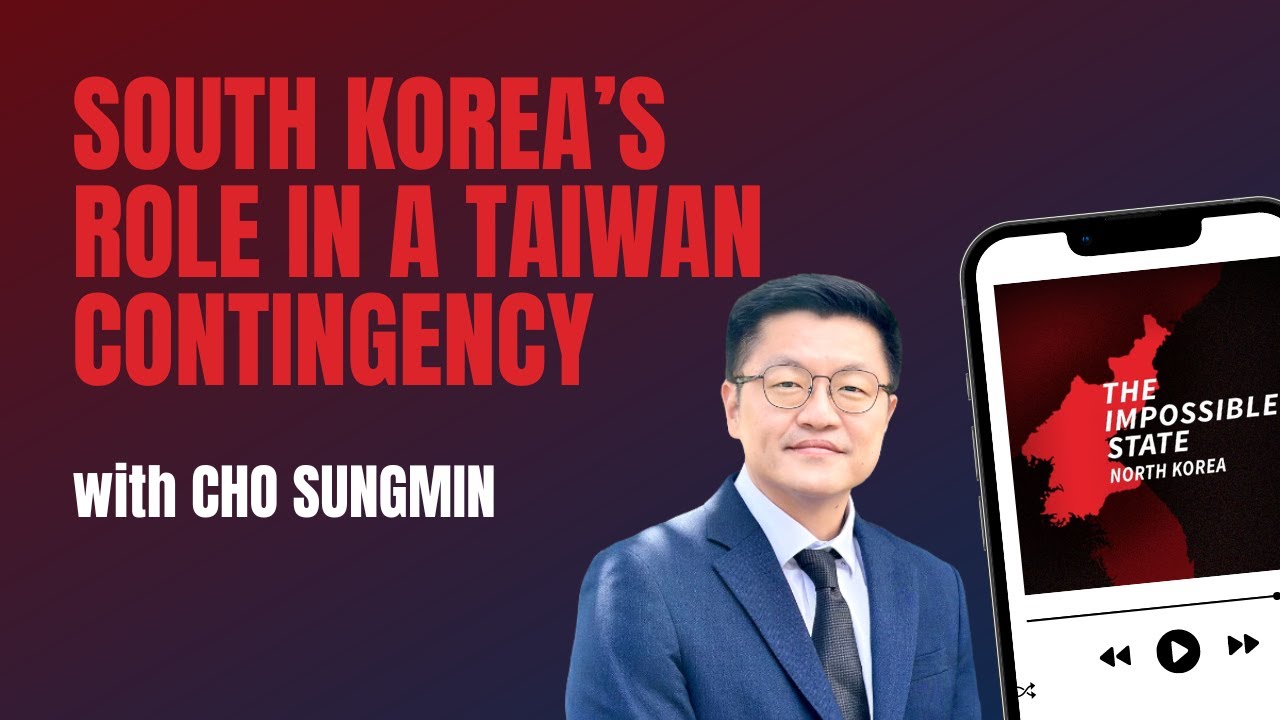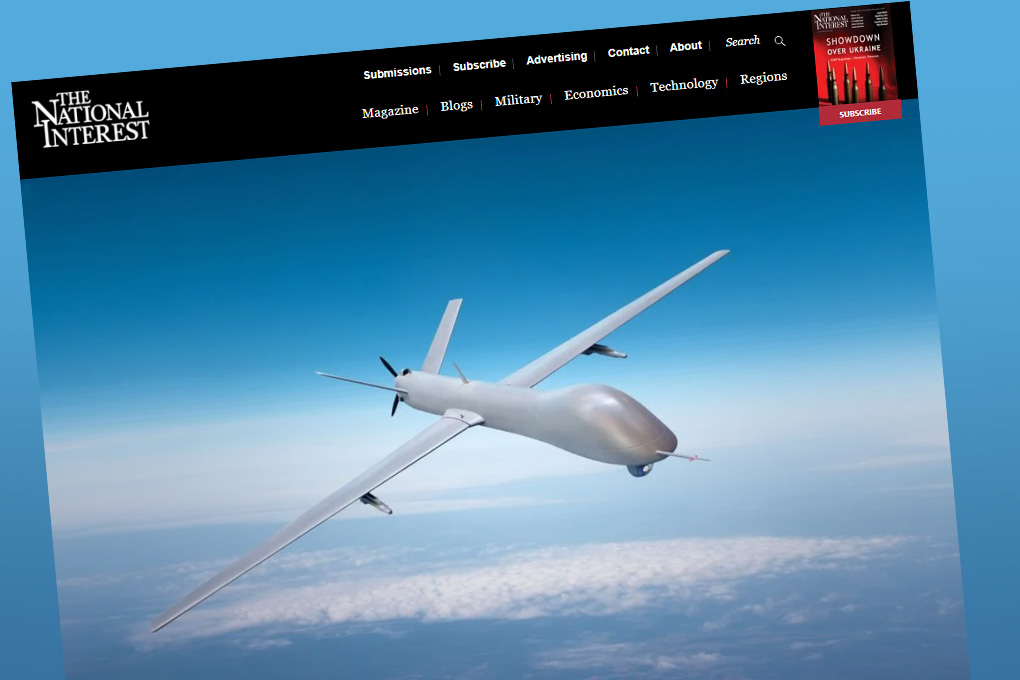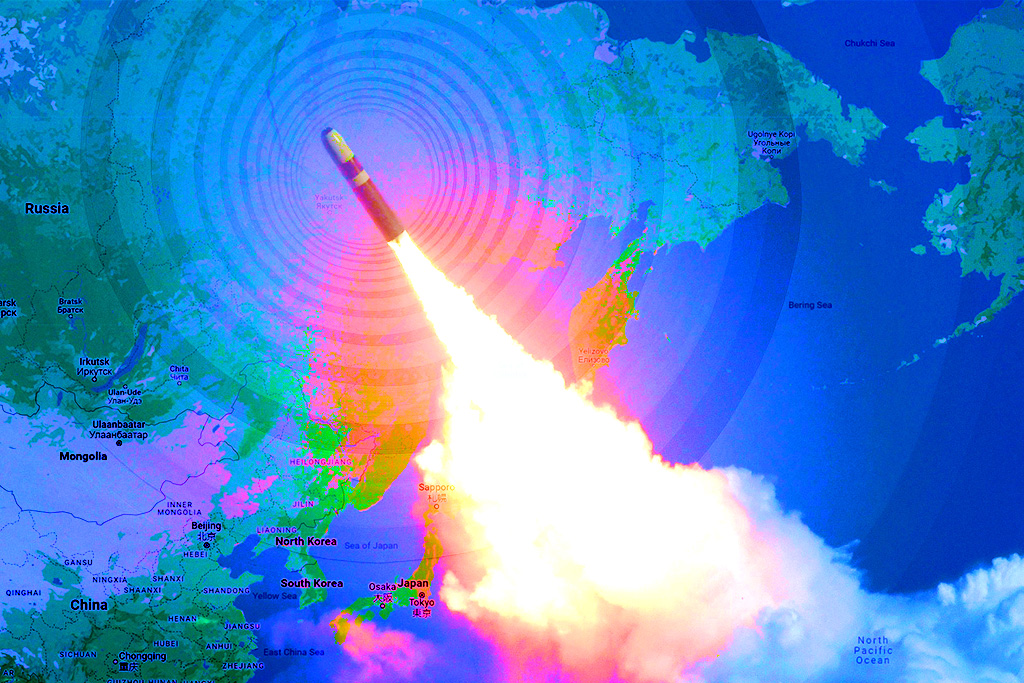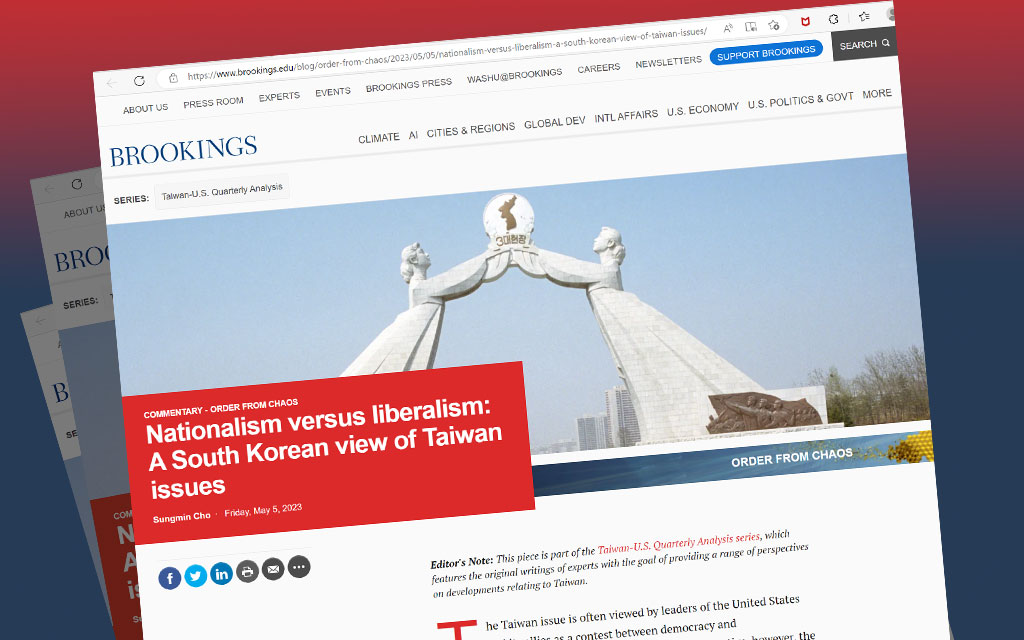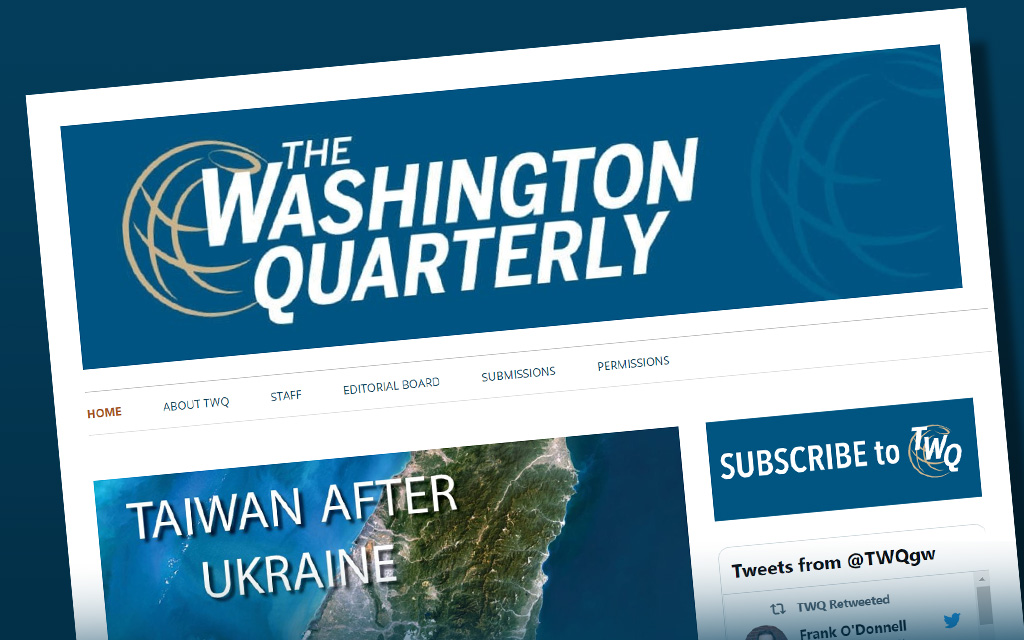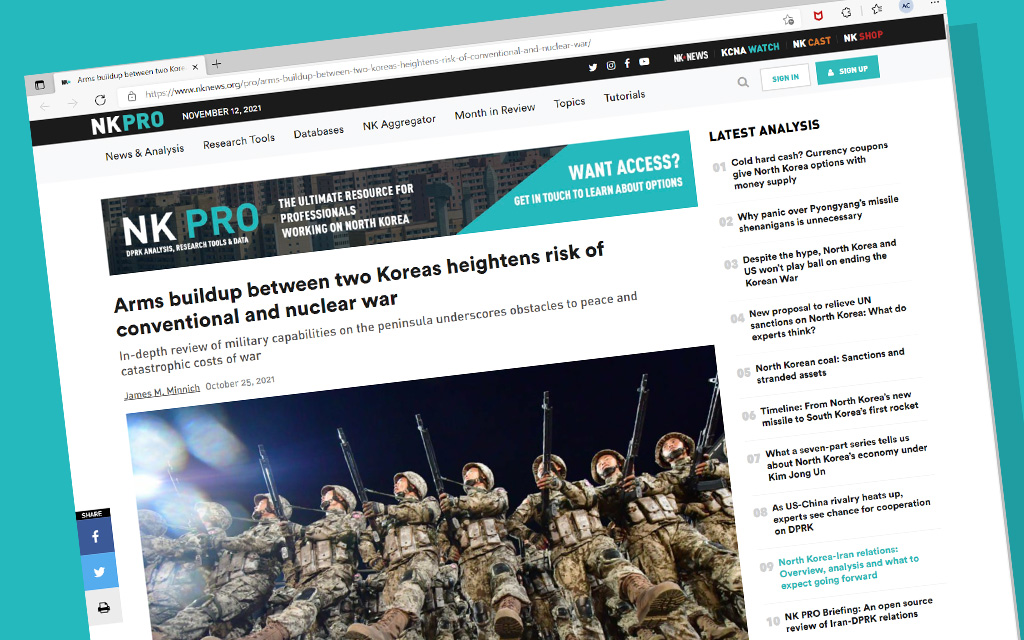South Korea’s Offensive Military Strategy and Its Dilemma
Dr. Sungmin Cho’s article, recently published by CSIS, sheds light on South Korea’s offensive military strategy amid shifting dynamics with North Korea. While North Korea’s recent stance has sparked debates, Cho highlights the significance of understanding South Korea’s approach. Defense Minister Shin Won-sik’s emphasis on immediate and forceful responses underscores South Korea’s defensive intent, though uncertainties remain regarding Pyongyang’s perceptions and the management of escalating risks. Cho delves into the evolution of South Korea’s offensive doctrine, notably its "three-axis system," illustrating the nation’s reliance on advanced capabilities to counter North Korea’s nuclear threat. However, concerns arise regarding the legality and [...]


